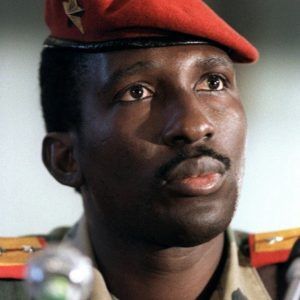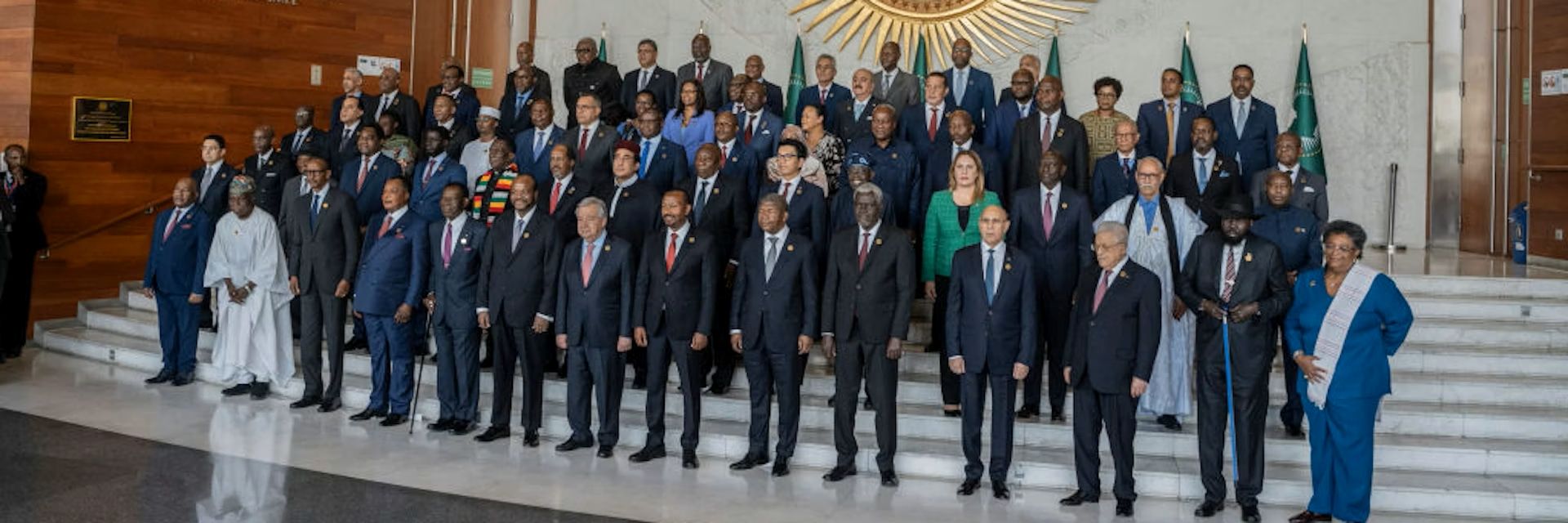Inspirational leaders are few and far apart. When they emerge, they shine like beacons of hope, reminding us that there is still tremendous good within us. These are the leaders who live on long after they are dead. Thomas Isidore Noël Sankara was one such leader.
Sankara was the president of Burkina Faso from 1983 to 1987. During his 4 year tenure, he transformed Burkina Faso into a food-sufficient country, eliminated corruption, and enforced educational reforms among a raft of other measures aimed at improving the lives of the Burkinabe. But his tenure was short-lived. On the night of October 15 1987, Sankara was assassinated in a coup that was plotted by his deputy president Blaise Compaore – also his best friend.
Even from the grave, Thomas Sankara continues to inspire. He partly inspired the 2014 Burkinabe revolution that brought his usurper down. Today, he is a pillar of Pan-Africanism, a role model for African Masculinity, and a symbol of hope. What leadership lessons can we learn from Thomas Sankara?
Know thyself
First, know thyself. Self-identity is very important to succeed as a leader. It grounds you and gives you direction.
One of the first things Thomas Sankara did when he took power was to change the country from Upper Volta to Burkina Faso. Upper Volta was the French colonial name for the territory north of Ivory Coast. It did not reflect the identity of the locals. For Sankara, it was more than just a name change. It indicated a rejection of France’s heavy-handed influence in the region.
What Sankara (and every other great leader) knew was that to succeed you must accept and own who you are. The leader cannot afford to be riding on the coattails of another. If you must ride with others, it must be on your own terms and it must help you to reach your goals.
Have a vision bigger than yourself
A vision is crucial for one to lead effectively. It is the highest ideals to which you aspire. Your vision is what attracts others to you. And when challenges abound, your vision is what will give you the fortitude to pick yourself up from the ground when you have crashed and burned – and go at it again.
Your vision is also what gives you the courage to take chances and to sacrifice. You cannot succeed without taking a few risks and sacrificing a whole lot.
Thomas Sankara was driven by his vision for a self-sufficient Burkina Faso. He wanted a country where citizens controlled their own destiny, where resources were used for the betterment of all, rather than to benefit the lucky few. In the charged Cold War climate of the time, he knew that he was putting his life in danger by rejecting the policies of the west that harmed his country. But he forged ahead anyway. He died for it, but at least he died the way he had lived his life – serving the people.
And even after he was dead, Thomas Sankara lives on in the Pan-Africanist movements he has inspired all across the continent. This is the beauty of vision. It takes on a life of its own. It owns you as much as you own it.
If you make one, make it a good one.
To lead is to do more work
Leaders are supposed to think more, communicate more, and do more. You must ask more of yourself, take responsibility for the welfare of others, and balance big-picture issues with the small details.
Thomas Sankara made it look easy. He made transforming an entire country look easy. He did it in just four years! A lot of hard work went into it, of course. No work was beneath him, and Sankara – who played in a band with his friend Compaore – actually wrote the Burkinabe national anthem. Sankara is reported to have worked harder than his ministers; he held more meetings than any of his ministers, toured more parts of the country.
To lead is to empower
An uncompromising feminist, one of Sankara’s legacies was empowering Burkina Faso's women using the means at his disposal. He authored a book, “Women’s Liberation and the African Freedom Struggle” in an effort to drive his point home: there is no true social revolution without the liberation of women.
His government banned female genital mutilation, forced marriages and polygamy, and appointed women to high governmental positions (including his guards). He also encouraged women to work outside the home and stay in school even after getting pregnant.
During his tenure, Women’s Day was observed a little differently in Burkina Faso. On this day, men took over cooking and cleaning chores in the house and the women rested. Sankara believed that walking a day in women’s shoes would help men appreciate their women more.
The lesson: Women empowerment does not need to slow down to soothe hurt egos. It is not women who are too aggressive. It is the African man who is emasculated. We just need to bring the empowerment of the boy child to pace.
Final word
Thomas Sankara transformed Burkina Faso in four years. His recipe for success was very simple. He knew who he was, he had a vision, and he was committed to change. Even though his star was dimmed way too soon, his legacy lives on.





